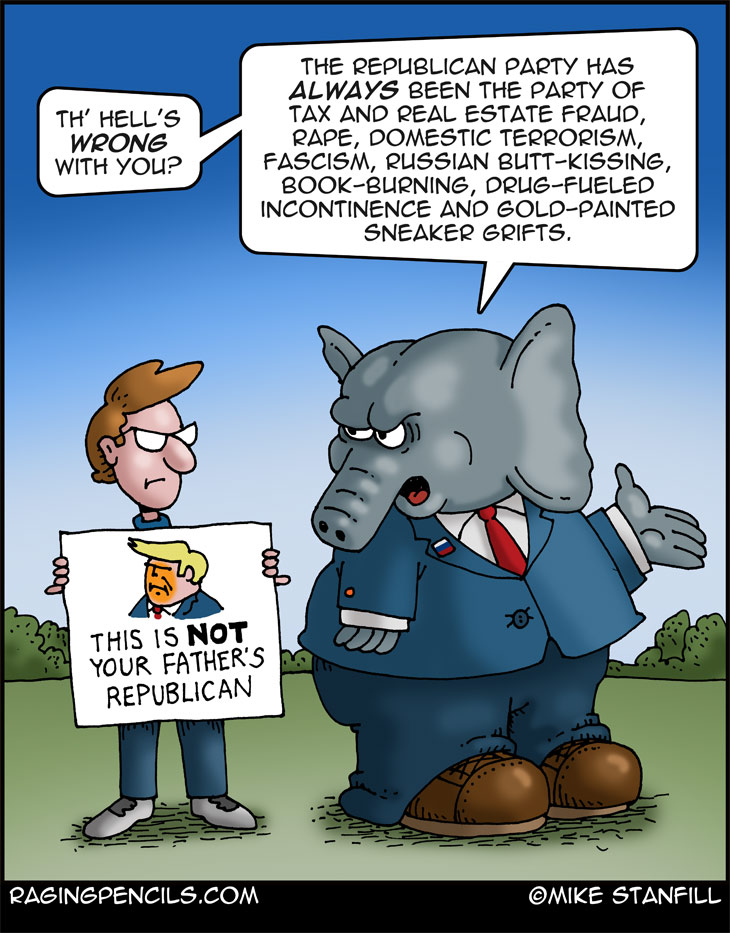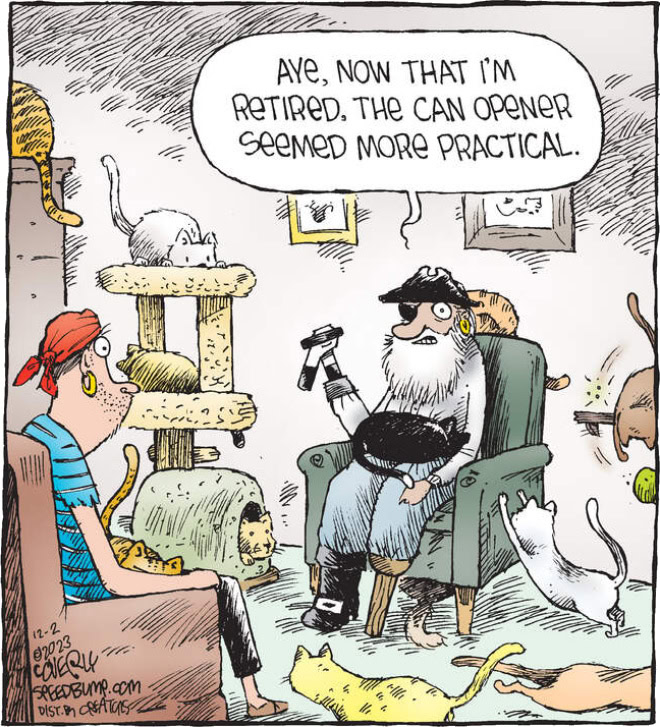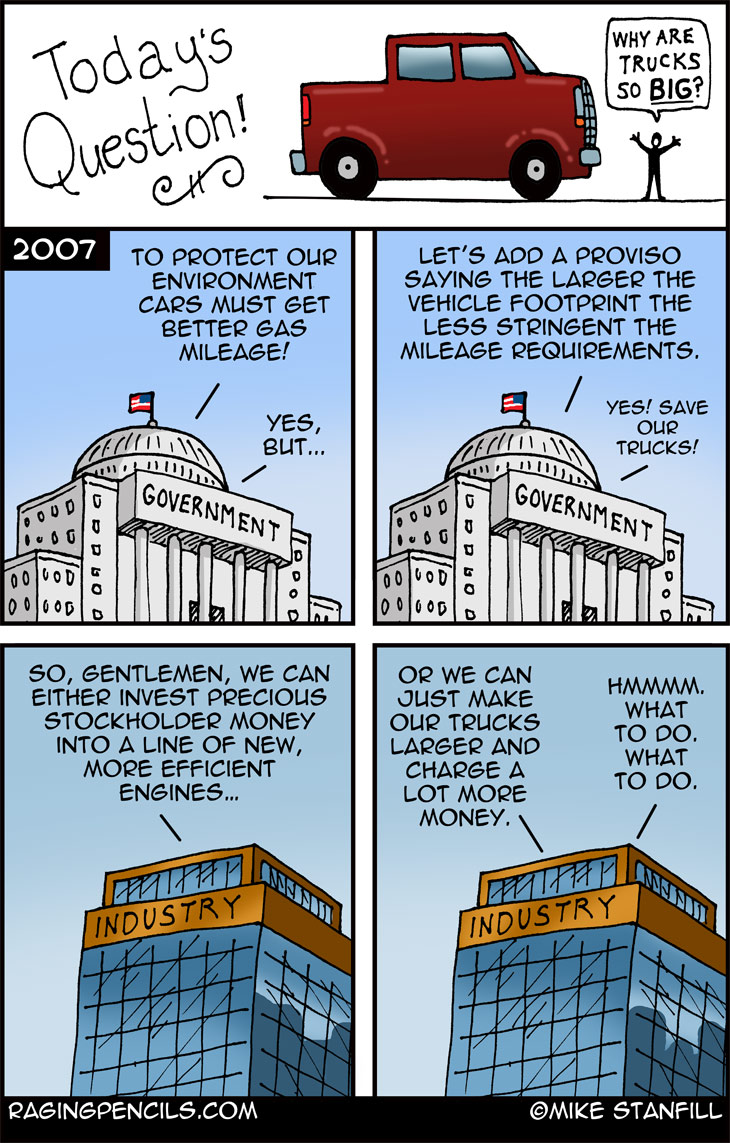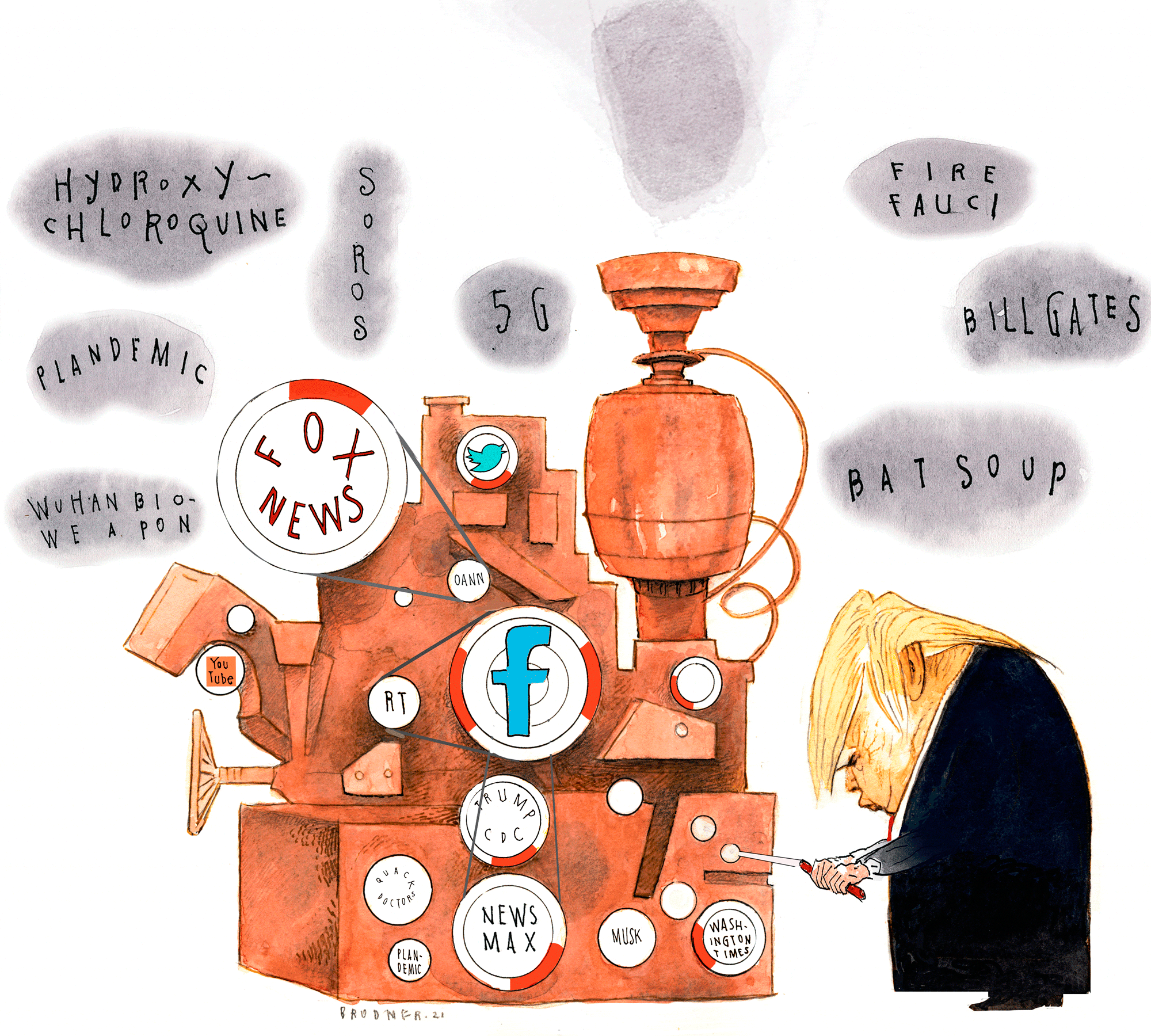Not just challenging voters’ credentials in battleground states but attacking every step in running elections.
By Steven Rosenfeld
As the 2020 presidential election entered its final
stretch, Christina Bobb was not just covering it as a TV newswoman for the
pro-Donald Trump One America News Network (OANN). The tall, dark-haired,
clear-speaking ex-marine and lawyer was working to overturn it.
Bobb believed that Democrats and election officials
colluded to fabricate thousands of voter registrations, illegal voters, forged
ballots, and finessed the vote count until Joe Biden was the victor in 2020’s
battleground states.
Yet it was Bobb and Trump loyalists who were feverishly
plotting and pushing to alter the presidential election’s outcome, as she
detailed in her 2023 book, Stealing Your
Vote: The Inside Story of the 2020 Election and What it Means for 2024.
Publicly, Bobb kept reporting for OANN. Under the radar,
she “joined” Rudy Giuliani and others in Trump’s orbit who pursued ways to
nullify the results. She wrote that she was on the call with Trump when he
urged Georgia Secretary of State Brad Raffensperger to “find 11,780 votes.” Bobb said that she
coordinated “the litigation efforts in Arizona, Michigan, and New Mexico,”
including, apparently, a slate of fake Electoral College members who forged and
sent paperwork to Congress certifying that Trump had won Arizona.
In April, Bobb and 17 others were indicted on multiple felonies in that
electoral hijacking scheme by Arizona Attorney General Kristin Mayes, a
Democrat. Only weeks before, on the same day Trump secured the 2024 Republican
nomination, Bobb was named the Republican National
Committee’s senior counsel for election integrity. Beyond the surreal twist
that a politico indicted for attempting to overturn a swing state’s
presidential vote will now lead a national party’s efforts to police elections,
Bobb’s book previews the lawfare and conspiratorial mindset that is already
shadowing 2024’s presidential election.
In her book, Bobb complained about “inflated” voter
rolls, “ballot trafficking,” and “ballot harvesting,” which are conspiratorial
pejoratives that imply fabricating voters, forging ballots, and stuffing ballot
boxes. As States Newsroom reported in April 2024, the RNC and
its allies have already sued in five states—including Pennsylvania, Michigan,
and Nevada—to challenge their voter rolls’ accuracy, and, in turn, voters’
credentials. In Georgia, a Republican bill empowering mass challenges of voter
registrations was signed into law on May 7. (The American Civil Liberties Union
has vowed to sue to block last-minute voter
purges.)
Bobb’s book also targeted the way that elections are run.
She disparaged “centralized” counting operations (“makes cheating easier”) and
complained of local election officials “removing” Republican workers and
restricting GOP’s observers (“so that they could cheat”). She said that
Democrats will spread “misinformation” (“an information war against the
American people”), run “out the clock” after Election Day, and collude with the
media to change “the Narrative.”
“The media and the Left insist that there were no
crimes committed, and they love to point to the courts, claiming that all
charges of criminal activity have been proven wrong,” she wrote of 2020. “The
real story, however, is quite different.”
The real story of 2020’s finale, contrary to Bobb’s
assertions, was that Trump loyalists would not accept his defeat and were
running blind. They presented their “evidence” to courts overseen by Democratic
and Republican judges and lost every substantive legal challenge.
Their evidence—sworn statements by individuals who claimed they had witnessed
misdeeds and voter fraud—was not deemed credible and was rebutted by factual
evidence provided by experienced and informed experts.
Nonetheless, Bobb’s belief that hidden hands are again
plotting to steal votes is not just taken as an article of faith in Trump
circles. It is emblematic of a new development in the GOP’s “election
integrity” circles, which Mimi Marziani, a political science and election law
professor at the University of Texas at Austin, recently characterized as “throwing the kitchen
sink” at elections officials, the courts, and the public.
In recent years, these self-taught grassroots Trump
activists—who distrust almost everyone who has run an election, including Republicans—have discovered the
details of election administration. These are the often-repetitive steps,
procedures, and technologies used in elections. The activists assume the worst
will happen at any point. They distrust almost everything about every stage in
the process.
As Marziani recently told Votebeat’s Texas reporter,
“They’re not actually trying to have a different person elected… They’re trying
to set some sort of precedent to destabilize free and fair elections.”
“If someone really wants to interfere with our elections,
they will find a way to accomplish that,” wrote Erica in April, the curator of
the Election Education channel on Telegram, a platform favored by Trumpers.
“The security measures the election officials repeat over and over are a false
sense of security when we can’t verify any of them for ourselves.”
Telegram’s ‘Election Education’
That online comment hardly seems threatening. But what I
found on the channel, which leaders of national groups seeking to defend 2024’s
elections said they had not seen via emails, was stunning. Bobb’s book puts
forth broad conspiracies and talking points. The Election Education channel has
weaponized the details beyond anything I have seen.
I have studied and covered voting rights, election
administration, voting system technology, election procedure, and
disinformation for two decades. This winter, I worked for nearly two months as
a county election official during California’s presidential primary, where I
had an up close look at many of the practices targeted by Bobb and her fellow
travelers. I understand the frustrations of not getting timely, easily
understood explanations and evidence about what happened in any close election.
I’ve faced many tight-lipped officials as a journalist.
But the Election Education channel is a repository that
catalogs the fine print of running elections and sows doubt about almost
everything. It is filled with scores of graphic charts that put forth almost
every imaginable conspiracy. It makes hundreds of blunt accusations that are
difficult to unwind and begin to respond to—because running an election isn’t
so simple.
The graphics include topics such as: “Ballot Harvesting
Hot Spots,” “Known Election Fraud Maneuvers,” “Election Observer Tips,”
“Take-Aways from 2020 Elections,” “What Could Possibly Happen to a Mail-In
Ballot?” “Bring Election Accountability to Your Local Elections Office,” “Why
Aren’t Change of Addresses Being Updated in the Voter Rolls?” “Our Elections
are Under Attack!” and “Voter Authentication Not Required When Voting by Mail.”
The channel’s messages are not unique in Trump land. They
are signs of our polarized, tribal, and political times. The channel’s curators
believe they are educating Trump’s base. Their most popular posts are regularly
seen by tens of thousands of viewers, according to Telegram’s counter. But they
are blissfully unaware of what they do not know. In contrast, the longer I have
been around elections, the more I have realized how much more there is to know.
For example, below the assertion that anyone who wants to
interfere will find a way is a chart entitled, “Election Fraud Work-Arounds:
The Art of Cheating Without Getting Caught.” It is one of 50 graphics posted so
far in 2024, has been viewed by 26,000 people, and bluntly lists a half-dozen
scenarios to cheat to “Pass Post-Election Audits,” “Pass Logic and Accuracy
Tests,” “Add Late Ballots to the Count,” and “Use Uncertified Systems.”
These technicalities are steps that occur during the
set-up and running of elections. Like all propaganda, their assertions start
with a thread of truth. A factual process or procedure or an election record or
computer system is cited. But the messages and messengers invariably go on to
assume that specific steps will be secretly sabotaged.
For example, under “Add Late Ballots to the Count”—which
implies that Democrats or colluding officials are stealing votes—are six
conspiratorial scenarios. One might “alter or don’t require [a] USPS [Post
Office] time stamp.” One might “use ‘blank’ ballots later to vote” or “backfill
the votes via adjudication [a process where officials review ballots if there’s
more than one vote in a single contest to ascertain the voter’s intent].” One
might “alter chain-of-custody records [concerning the handling and inventorying
of ballots].” One might exploit the “ballot curing period [when voters can
correct mistakes or return to an election office with more identifying
information] to insert votes” or “use early votes to calculate how many more
ballots are needed to win.”
Accusations like these sow doubts. It is virtually
impossible to factually respond to people who say that no matter what evidence
is presented, that something invisible is happening elsewhere to corrupt the
process. But that’s their mindset.
“Election fraud does not require the assistance of
election staff,” said a chart entitled, How an Election can be Stolen without
Poll Worker’s Knowledge. “Poll workers can do everything right and still have
the election stolen from them. There are people in this world who will stop at
nothing to gain or maintain power.”
How Impactful Might This Be?
As a longtime journalist, I don’t criticize individual
citizen activists. But I can’t help but notice the blind spots in this movement
and its methodology.
Bobb’s assertions and Election Education’s graphics are
not just overclaiming and propagandist. They are also not fully knowledgeable
about their topics and targets. One can notice what is not mentioned. They
never say how many voters or votes might be affected in their latest
conspiratorial scenario. They never mention what steps, security measures,
bureaucratic redundancies, observer scrutiny, and time crunches would prevent
their feared subterfuge from pragmatically occurring. They are self-taught and
unaware of their shortcomings—unintentionally, or perhaps more cynically, they
are aware and don’t care.
This winter, I learned things as an election official
that I had not known until I worked on the inside. Election administration is
not easily understood nor is it often well-explained. That encourages
propaganda. But an absence of understanding does not mean the process is
implicitly corrupt and untrustworthy. Today’s voting systems are not black
boxes. They are filled with data and voter- and ballot-centered evidence that
is—and can be—repeatedly verified.
But Trump’s base doesn’t want to believe that he lost in
2020 and might lose again in 2024. That mindset raises some big questions about
their latest messaging. Will efforts such as the Election Education channel’s
targeting and disparaging of the process’s fine print and the officials who run
elections lead to protests and unrest this fall? There are only several dozen
swing counties in all of the swing states. It doesn’t take more than a few
dozen protesters to show up at a single site, call the media, and be noisy and
disruptive.
But succeeding as a propagandist is not the same as being
better-informed and smarter about the electoral process. Nor does it mean
Trumpers will be pursuing better-informed legal challenges after Election
Day—should a statewide or federal election come down to a margin of several
thousand votes.
When asked about potential impacts in 2024, several
former officials who are involved in defending elections said that they had not
heard of the Telegram channel. One was wary of giving the channel too much
attention, as GOP activists have a history of hyping their vigilantism and then
barely showing up on Election Day, and afterward.
Apparently, the channel is being tracked by some
disinformation watchers. The channel’s curator has posted that one contractor
working with election officials has tagged some of its posts. But that
surveillance only seems to stiffen the belief of Trumpers that Democrats and
many officials are plotting against them. And they think they know how.
On April 28, Election Education asked readers how they
thought 2024 would be stolen. “What is your theory on how elections are stolen
in your neck of the woods? We know they are all possible, but curious what you
think the biggest factor is,” it said.
Nearly 4,800 people replied. That’s more respondents than
most national polls. “Mail-in ballots,” replied 30 percent. “Machine vote
flips,” said 22 percent. “Injecting votes using dirty voter rolls,” said 17
percent. “Machine is set for certain outcome,” said 10 percent. Their answers
were seen by 16,500 viewers.
A few days later, a new graphic appeared. “They are
INFLATING the voter rolls because they know we have been STUDYING the MACHINES!
Do NOT get BLINDSIDED.” Below, it said, “Remember, there are multiple ways they
can accomplish their goal of stealing an election.”
Click here to read the article on the Bucks County Beacon.
Steven Rosenfeld is the editor
and chief correspondent of Voting Booth, a project of the Independent Media
Institute. He has reported for National Public Radio, Marketplace, and
Christian Science Monitor Radio, as well as a wide range of progressive
publications including Salon, AlterNet, the American Prospect, The Washington
Monthly, and many others.





.webp)



.jpg?format=1000w)





.webp)





.gif)
.JPG)











